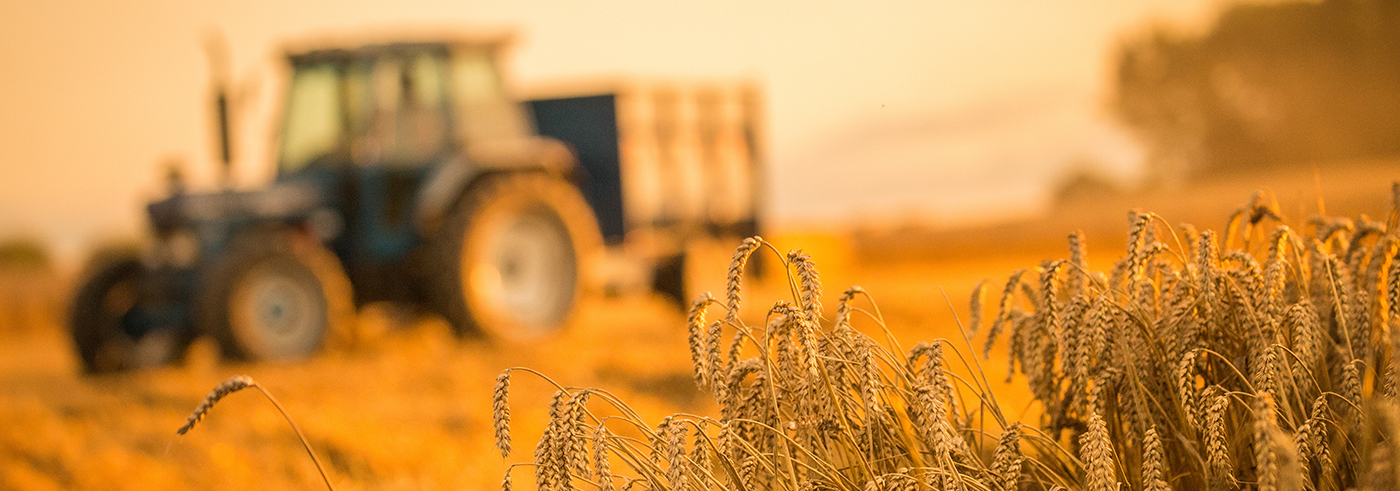Thorough impact assessments and transition schemes will be key to implementation
***
In reaction to the publication of the Farm to Fork and Biodiversity Strategies by the European Commission, CEMA has put together its comments, highlighting essential steps and measures that will need to be undertaken.
Both the Farm to Fork and the EU Biodiversity Strategy for 2030 set out highly ambitious targets for the Union to reduce inputs (pesticides/fertilizers/nutrients) used in European farming practices while promoting specific farming approaches with lower yields (organic farming) and further conservation measures. It is already clear that there will be significant economic, social and environmental impacts, affecting European food security as well as farming competitiveness and income.
Therefore, CEMA asks for specific and thorough impact assessments to be carried out so that the targets are realistic, coherent, achievable, and measurable against a sound baseline.
Transition schemes should also be considered, designed and adequately funded to support farmers in adapting to the new economic environment; support measures should also include access facilitation to agronomic advisory services
CEMA further calls for measures to prioritize the uptake of precision agriculture and digital farming technologies who enable farmers to optimize inputs use through, for example, mechanical and electric weeding techniques. To ensure that the full potential of digital solutions can be harnessed , EU farmers will need to have enough investment capacity through a strong CAP budget and reach a new level of professional skills.
Finally, CEMA asks for a coordinated renewal scheme for agricultural machineries across the EU: new machines with the latest technologies will enhance environmental benefits and resource-efficiency.
You can read the full position HERE.








